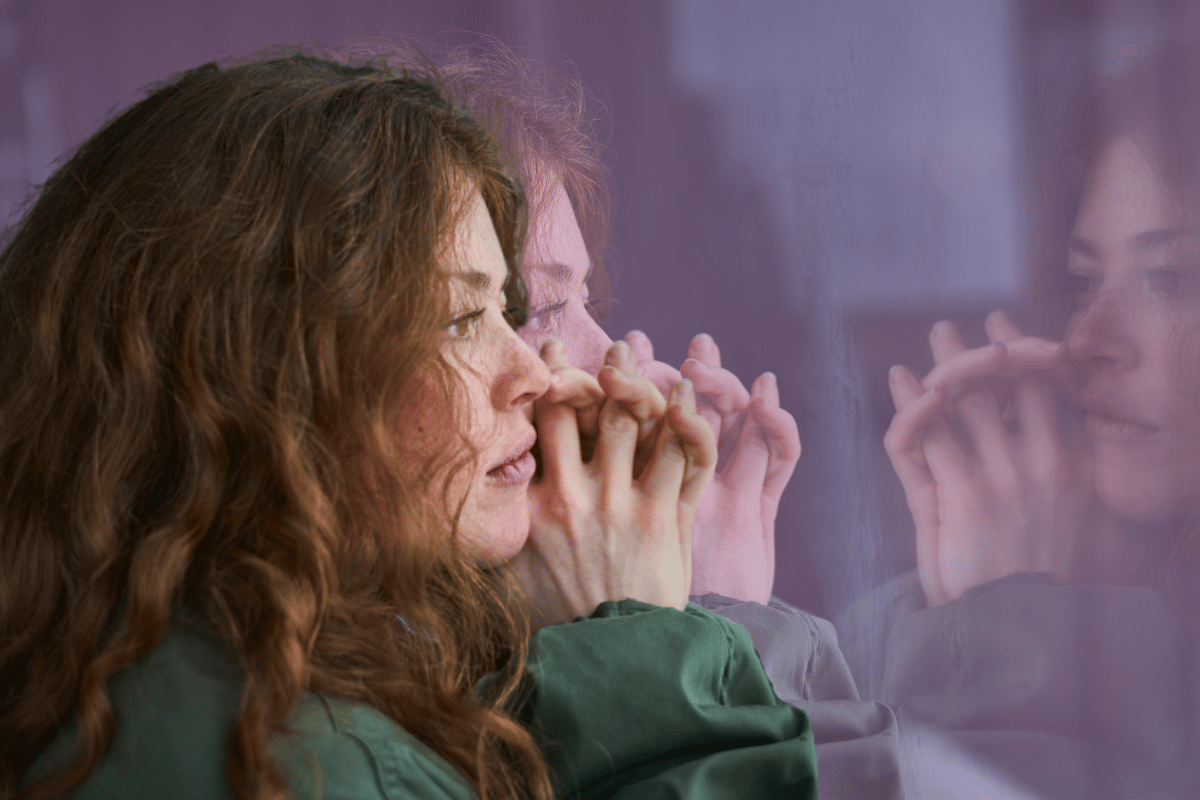
There’s a side of cancer that we don’t talk about. Instead, we colour it in pink and join fun runs in its honour.
It’s survivorship. A word that a lot of those who’ve battled through the toughest fight of their lives often don’t wish to think about.
Because beyond the fear that their cancer may return, there’s survivor’s guilt. And a crippling pressure to ‘make something of yourself’ after being given the gift of life.
Watch In Her Shoes: Lead's Cancer Story. Post continues after video.
Survivor’s guilt is a real issue for cancer survivors.
“The concept of survivor's guilt started with survivors of major natural disasters and wars, but not that much work has been done on survivor’s guilt in oncology,” Bogda Koczwara, a medical oncologist, and professor in cancer survivorship at Flinders University, told Mamamia.
And there are multiple reasons for that.
“One is that we don't talk about guilt in general,” Professor Koczwara explained. “Another is that it’s very hard for patients to talk about stuff they’re embarrassed about, so this doesn’t come to the surface.”
Instead, cancer survivors are left to face survivor’s guilt alone, which can manifest itself in multiple ways.
“Some people may feel guilty that they made it, while others did not,” the oncologist said. “Others may feel under significant pressure to do good.”
She pointed to a societal expectation that after beating cancer patients are “supposed to be quiet and grateful” and go back to being this “nice and happy” person as opposed to “brooding about mortality”.

